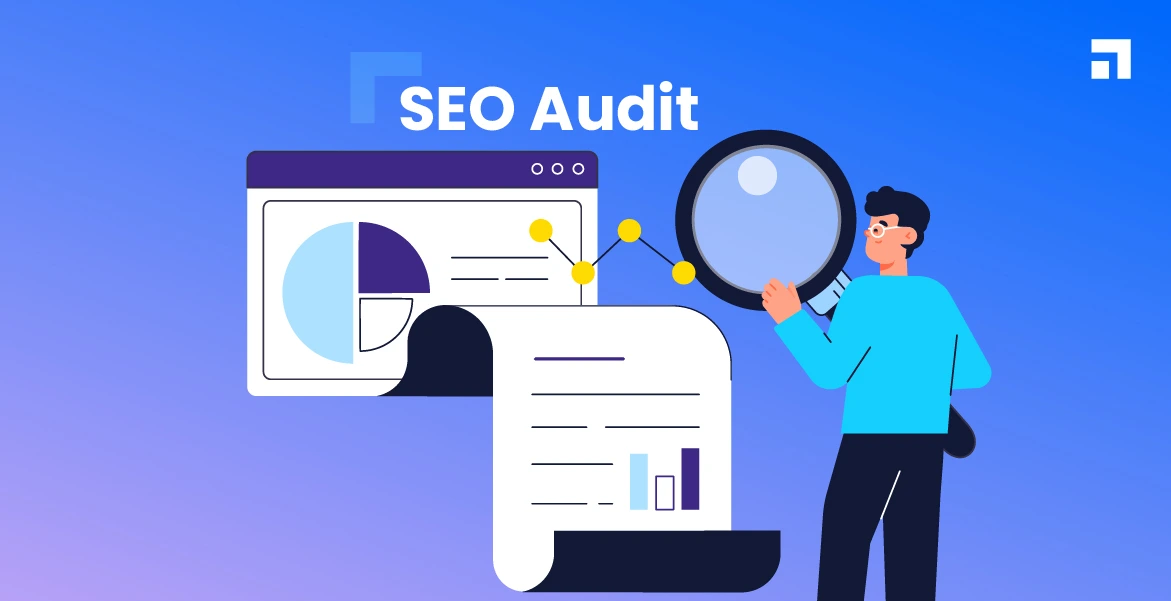Performing an SEO audit is crucial to keep your website competitive, improve search rankings, and deliver a smooth user experience. An audit reveals technical problems, content gaps, and opportunities to enhance visibility. Companies that consistently perform audits maintain stronger positions in search results. For individuals eager to develop these skills and apply them effectively, enrolling in a Digital Marketing Course in Chennai can provide valuable, hands-on expertise in SEO auditing.
1. Review Technical SEO Foundations
A strong technological base is essential for a functioning website. Start by testing crawlability and indexation using tools like Google Search Console or Screaming Frog. Check your robots.txt and sitemap.xml files to ensure search engines can navigate your website correctly.
Website speed directly affects rankings and user satisfaction sluggish pages increase bounce rates. Use Google PageSpeed Insights to detect bottlenecks, compress images, and optimize your code and server response times. Confirm mobile responsiveness, as Google prioritizes mobile-first indexing. Address broken links, redirect loops, and duplicate content to ensure a seamless browsing experience.
2. Inspect On-Page SEO Elements
On-page factors shape how search engines evaluate your site. Audit your meta titles and descriptions for relevance, appropriate keyword placement, and proper length. Each page should feature a unique title tag tailored to its content.
Evaluate header tags (H1, H2, H3) for logical hierarchy and keyword integration. Enhance image optimization by using descriptive alt attributes, improving both accessibility and search ranking. Strengthen internal linking by connecting related pages this improves navigation and evenly distributes link authority across your site.
3. Evaluate Content Quality and Relevance
Your content must meet audience expectations and align with search intent. Update outdated material, refine keyword placement, and ensure natural language flow without keyword stuffing. Long-form content, infographics, and case studies can engage readers and boost dwell time.
Understanding the Future Scope of Digital Marketing can also influence your strategy search engines increasingly value high-quality, user-focused content. Staying aligned with evolving trends ensures your material remains competitive and impactful.
4. Audit Your Backlink Profile
Backlinks remain a strong ranking factor. Use tools like Ahrefs or Moz to analyze your backlink profile, identify toxic links, and disavow them if necessary. Seek opportunities for authoritative backlinks through guest posting or partnerships. A Training Institute in Chennai can offer guidance and projects to help you master this aspect of SEO.
5. Analyze User Experience and Site Structure
User experience has become a ranking signal for major search engines. Review your site’s navigation to ensure intuitive menus and easy access to essential pages. Maintain a clean URL hierarchy and logical site architecture.
Test responsiveness across devices and browsers. Improve readability by choosing legible fonts, reducing intrusive pop-ups, and maintaining a visually pleasing layout. A well-structured site encourages longer visits, reduces bounce rates, and signals quality to search engines.
6. Strengthen Local SEO Presence
For businesses targeting local audiences, optimize your Google Business Profile with updated contact details, photos, and reviews. Maintain consistent NAP (Name, Address, Phone) data across all directories. To draw in local clients, include local keywords in your metadata and content.
Motivate satisfied customers to write reviews as they build credibility and increase local search prominence.
7. Track Analytics and Performance Metrics
An audit doesn’t end after changes are made; monitor your site’s performance regularly. To track organic traffic, keyword placements, To draw in local clients, include local keywords in your metadata and content. Focus on improvements that generate the highest ROI. Maintaining alignment with search engine algorithm upgrades and market trends is ensured by scheduling audits on a quarterly or biannual basis.
8. Use Tools and Automation Wisely
SEO tools like SEMrush, Ahrefs, Moz, and Ubersuggest streamline audit processes by automating rank tracking, backlink analysis, and site health monitoring. While automation reduces manual work, human judgment is essential to interpret the data effectively.
This approach is similar to methods in Digital Marketing in Educational Sector, where organizations blend automation with expert oversight to improve visibility and engagement. Combining both methods guarantees a thorough and insightful audit.
An SEO audit is a continuous procedure that safeguards the functionality of your website, maintains your competitiveness, and synchronizes your endeavors with the expectations of your target audience. By refining technical SEO, optimizing on-page elements, upgrading content quality, and strengthening backlinks, you set the stage for consistent growth. Incorporating UX improvements, local SEO, and regular performance monitoring ensures your strategy remains adaptable and effective. A proactive audit routine allows businesses to respond swiftly to changes, maintain strong rankings, and drive meaningful organic traffic.

